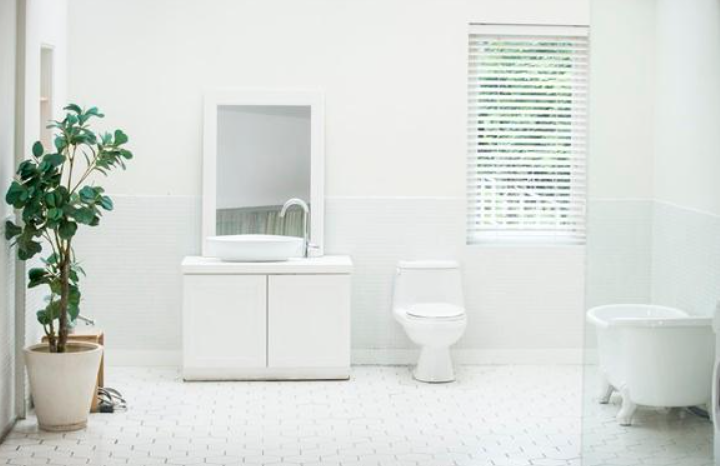Mattress cleaning
We all want to sleep in comfort. We rely on our mattresses to keep our sleeping space clean and comfortable. But what do we do if our mattress gets dirty? How do you keep your sleep safe from dust mites and other allergens?
Does your mattress need regular maintenance? Protect your mattress and increase the time between mattress cover cleanings.
Do you wake up in the morning with a stuffy nose, but you don’t have a cold? Or maybe you have a cough and scratchy throat for the first 10 minutes after waking up? Dust mites could be one of the reasons you feel sick in the morning!
Particles of mite excrement, mite bodies and waste products are easily inhaled by humans along with dust, which causes allergy attacks.

What do you need to do every day, week or month to keep your mattress clean?
Protect your mattress by increasing the time between cleanings. Buy a mattress cover to protect your mattress surface. Choose a washable cover that is easy to remove from the mattress and replace. Some covers are designed to reduce dust mite allergies and reduce the need to vacuum the mattress.

Wash sheets, pillowcases, plaids, or covers weekly. Clean bedding protects the mattress cover and prevents it from getting dirty. Take off and clean your mattress covers when there are leaks or at least once a month.
It’s time to inspect your mattress and treat it for stains.
We recommend vacuuming your mattress at least once a month. Dust, dander and dust mites accumulate on your mattress. Even those of us who don’t suffer from allergies may notice dirt on the mattress. Use an upholstery vacuum to clean your mattress. If you have allergies in the house, they may need to vacuum more often or purchase a mattress cover.
What to do if something spills or stains the mattress?
If stains or spots appear on the mattress, all bedding, including mattress covers, should be removed and washed immediately. If the mattress surface is dirty or grimy, try using upholstery shampoo. If you follow the instructions correctly, use upholstery shampoo to clean dirt and grime from the mattress surface.
You can also mix a mild dish soap until the soapy water mixes with the water. Use a sponge to apply dry soapy water only to soiled areas. Wipe with a sponge squeezed with warm water. Make sure the inside padding of the mattress is not wet. Allow this part to dry completely. If the temperature is high enough, the mattress can dry quickly outside. You can also use a fan that blows around the surface of the mattress to speed up the drying process.
What supplies do I need to clean my mattress
- upholstery vacuum cleaner
- upholstery shampoo
- mattress cover
- neutral detergent
- water
- sponge
- fan
Do mattresses need to be flipped every 6 months
In the past, mattresses were usually flipped every six months to ensure a comfortable fit. This was especially important when only one person slept in the bed or when the size difference between partners mattered. However, many beds have one side with pillows or other structures, so flipping the bed is a bad idea.
You can read the manufacturer’s instructions, but if you have a pillowcase or mattress with a marked headboard and legs, you should not flip it. Some manufacturers still recommend flipping the bed every six months, especially if the mattress is new and has beaded legs.
How to clean a mattress with a steam cleaner

Steam cleaning is a quick and practical way to “knock out” stubborn dirt and grease – both on flat surfaces and in hard-to-reach places. Such cleaning can clean a kitchen or bathroom in a few minutes, but is it possible to steam your upholstered furniture, and most importantly, your mattress, which is sensitive to sudden changes in temperature.
With regard to hot steam, manufacturers are even more severe, forbidding exposing mattresses to high temperatures, drying the product with a hair dryer or iron, placing it in direct sunlight for prolonged drying. This is especially important for models with grass fibers, which from temperature changes become brittle and begin to crumble, contributing to respiratory allergies.
How long will your mattress last
Because there are so many different types of mattresses and designs today, it is very difficult to predict how long a mattress will last. Most mattresses have a lifespan of 8-10 years. Some high-end mattresses have a quality guarantee of up to 25 years.

When your mattress starts to look like it’s having its best day. And if you are experiencing increased stiffness and pain while sleeping, it may be time to look into a new mattress.
The good news is that using mattress covers and regular care can extend the life of your mattress.






